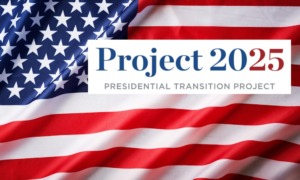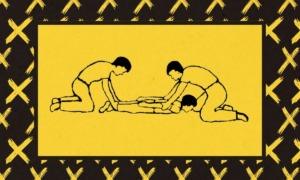All posts tagged "juvenile court"
-
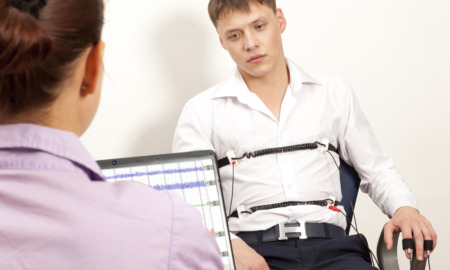
 825Guest Opinion Essay
825Guest Opinion EssayMostly banned from adult courts, polygraphs also shouldn’t be used against juveniles
In juvenile courts judges have the discretion to allow polygraph test results as evidence.
-

 1.1KGrants
1.1KGrantsJuvenile drug treatment court program grants
GRANT FOCUS: Juvenile Justice, Youth Welfare, Substance/Drug Abuse, Mental Health, Trauma | Amount: Up to $1,000,000 | Deadline: May 14, 2024
-
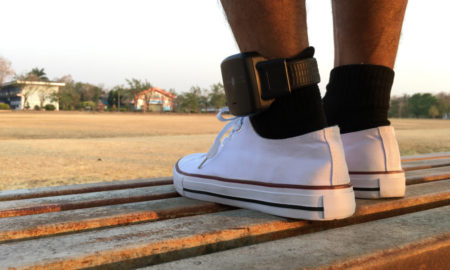
 751► Reports
751► ReportsProtect and redirect: America’s growing movement to divert youth out of the justice system
Many jurisdictions took steps in the past decade to expand diversion opportunities for youth.
-
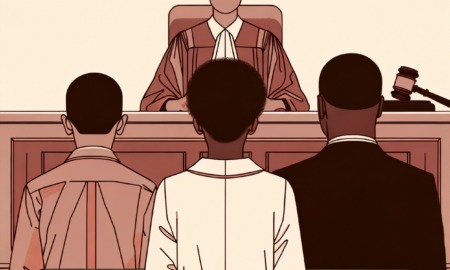
 513News
513NewsFor a handful of lawyers in Cuyahoga County, juvenile cases are big business
Judges steered two-thirds of juvenile criminal cases to just 10 lawyers in one year.
-

 540Grants
540GrantsJuvenile and family court substance abuse issues education and training grants
GRANT FOCUS: Juvenile/Family Court, Substance Abuse/Addiction, Education/Training, Recidivism | Amount: Up to $150,000 | Deadline: Aug. 31, 2023
-
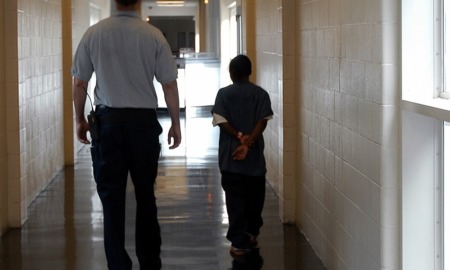
 3.1KNews
3.1KNewsDisabled students at higher risks for arrests, dropping out and being unready for adulthood
Youth with disabilities are at least two-thirds of those in the juvenile justice system.
-
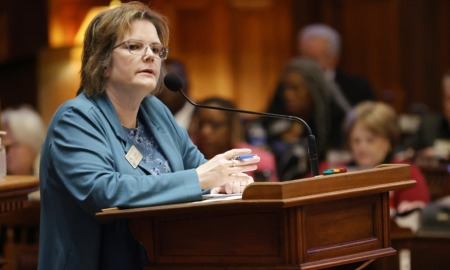
 954News
954NewsGeorgia House votes to prosecute 17 year olds as juveniles
The bill was approved on a vote of 145-22, sending it to the state Senate.
-
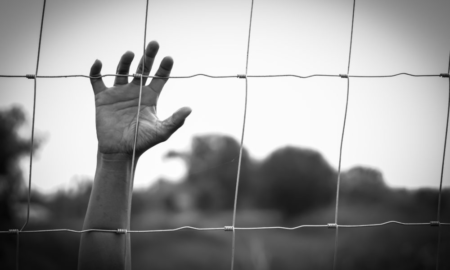
 1.1KGuest Opinion Essay
1.1KGuest Opinion EssayTeen shooters should be judged as teens, not adults
Few among us are oblivious to the suffering that results from certain crimes committed by youthful offenders. As researchers and citizens, we...
-
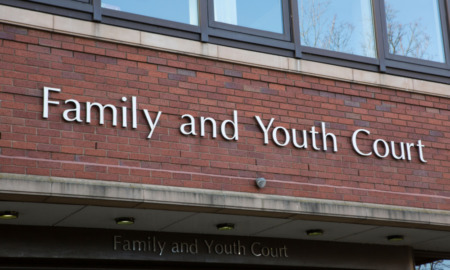
 1.2KGuest Opinion Essay
1.2KGuest Opinion EssayTeen-run courts dispense justice, launch legal careers
For more than 40 years, teen courts across the 50 states have proven their success at letting high school students — serving...
-

 1.9KNews
1.9KNewsNew law gives juvenile offenders in Washington state same rights to a lawyer that adults have
Defendants who are 18 years old and younger will have the same access to legal counsel as adults in Washington, starting next...
-
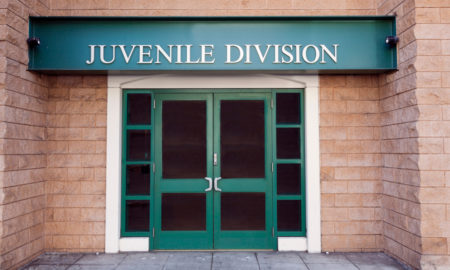
 1.4KFrom the Bureaus
1.4KFrom the BureausHomicide likely to be only crime charged to New Yorkers under 12
Unless accused of criminally negligent homicide, no child younger than 12 could be legally arrested, detained or brought before a judge, according...
-

 2.1KGuest Opinion Essay
2.1KGuest Opinion EssayYouth Justice Needs Specialized Training of Judges, Lawyers, Court Employees, and Courtroom Language that Doesn’t Demean
“Move the bodies.” That’s what a defense lawyer recently overheard an employee in juvenile court say, as if the young people being...
-
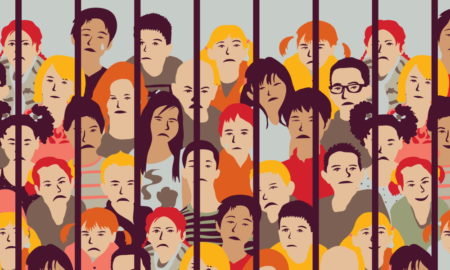
 3.9KGuest Opinion Essay
3.9KGuest Opinion EssayA Case for Better Funding of California’s Community Alternatives to Juvenile Detention and Probation
Supporters of the juvenile justice status quo wrongly claim that community-based organizations are not yet strong enough to serve all youth who...
-
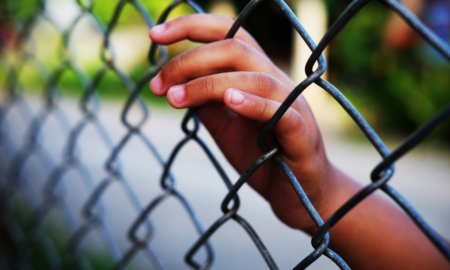
 1.7K► Reports
1.7K► ReportsExpand the Use of Diversion From the Juvenile Justice System
The Annie E. Casey foundation makes the case for significant expansion of the use of diversion to avoid formally prosecuting low-risk juvenile...
-
► Reports
Juvenile Court Statistics 2014
This new report form the National Center for Juvenile Justice (NCJJ) takes a comprehensive and statistical look at delinquency and petitioned status...











